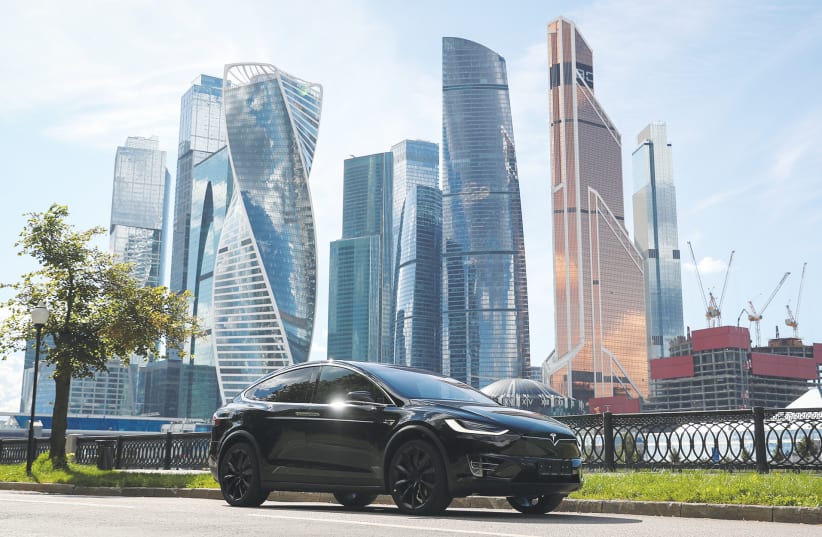Elon Musk’s electrical vehicle (EV) vision made local headlines when Tesla announced its cars would be available in Israel too. “REVOLUTION!” cried the headlines as consumers rejoiced. They forgot one crucial fact. As modern and smart as it may be, an electric vehicle requires electric infrastructure to run it, which, alas, Israel does not have.
Several thousand EV’s can be seen on Israeli roads. Experts predict that they will equal the number of gasoline-powered cars by the end of the decade. Bloomberg says over 200 million electric cars will be sold in the US by 2035. Clearly, this is where the market is heading, and Israel will follow suit at some point. More people will switch to electric cars as the technology continues to mature.
In a world plagued by the climate crisis, electric cars also play an essential role in fighting environmental damage. On top of being less polluting and quieter, researchers from MIT found that EVs are cheaper to maintain than gasoline cars. Moreover, EVs are less prone to malfunctions than gasoline and diesel cars. They do not even require an oil change.
It is heartwarming that Israel aims to join the advanced nations by becoming part of the EV revolution and of environmental protection. Still, the good intentions are of no value as long as consumers cannot drive their EVs to work or anywhere else.
Electric vehicles represent a substantial increase in power consumption which Israeli infrastructure is unable to support. Imagine the following scenario: every day at 7 p.m. hundreds of thousands of vehicles owned by people who just returned home from work, simultaneously connect to the power grid. It will not be long before the power grid collapses.
We are used to hearing about the new power consumption records broken every summer and winter. Israel Electric Corporation (IEC) makes a point of warning consumers that Israel’s power generation is nearing 100% of its capacity. The most recent record was set last September when power consumption reached 14,600 megawatts due to a heatwave. Add one million electric cars, and you get a 20th-century infrastructure incapable of accommodating 21st-century technology.
The number of car-charging stations in Israel is small compared with the rest of the world. It should come as no surprise to discover the absolute majority of these stations are located in central Israel. While the current technology provides a range of 300-500 kilometers without recharging, Israelis living in the periphery will face difficulties charging their brand new electric cars. Simultaneously, the residents of central Israel will have to charge and recharge their cars frequently. The burden on the aging infrastructure will be immense, adding to the social gaps between central Israel and peripheral communities.
As in every other domain, the solution lies in early planning and creative thinking. Israel has to start investing in a reliable electricity infrastructure independently of IEC if it wants to welcome Tesla and the other brands that would follow. IEC alone will not be able to meet the demand. Many solutions are available to create adequate conditions for the hundreds of thousands of electric cars coming to Israel. Israel already has advanced clean energy technologies to meet the demand.
Israel justly takes pride in being an early adapter and in possessing advanced hi-tech. However, most of the time, the innovative solutions are implemented in other countries and Israelis are the last to benefit from technology developed 20 minutes from their homes.
I call upon the parties involved to start working now on preventing the next crisis. Get down to drafting the plans for an electricity grid that combines clean energy with traditional electricity. Only in this way will we ensure that our new, shiny electric car will get us to our destination.
The writer is the CEO of TurboGen, which develops a green power generation technology for buildings and infrastructure.
